
We have an infinite need to be embraced when we come back home, to be relieved when we fall, to be comforted and loved when we get hurt. It is like the “embrace” of Mother Church when we enter the confessional, and one feels filled with the Mercy of God; and then one feels that Jesus was waiting, right there, as Pope Francis has told us so many times, as in his recent speech to the clergy in Cuba.
Who does not want someone to accompany, support and correct us in the journey of life as a mother does every day with her children? The more we live those experiences of mercy, the more we realize what a boundless gift we have received. In a world that does not know the meaning of the word “gratuitousness,” we have received a totally free gift, undeserved, disproportionate with respect to our littleness… the gift of being loved from the beginning with an unconditional love, like the love of a mother.
Contagious Motherhood
September 15, 2015: Pope Francis’ Morning Homily

Madonna della Misericordia (Our Lady of Mercy), end of the 1400s
In a seemingly “orphaned” world, there is hope for a “contagious motherhood” that brings acceptance, tenderness and forgiveness. During Mass at Santa Marta on Tuesday, the Feast of Our Lady of Sorrows, in the presence of the Council of Cardinals, Pope Francis reflected on the motherhood of Mary and that of the Church which, without such a feature, would be reduced to being merely “a rigid organization.” The Pontiff began his meditation from a passage of the Gospel according to John — “Woman, behold, your son!” followed by words to the disciple, “Behold, your mother!” (19:25-27). He emphasized that “it is the second time that Mary hears ‘woman’ from her Son.” The first, of course, is at Cana when Jesus says to his mother: “My hour has not yet come”; the second is this time, at the foot of the Cross, when he assigns to her another son.
It should be noted that “the first time she hears the word” from Jesus, she takes the situation in hand, saying to the servants: “Do whatever he tells you.” This time, instead, it is Jesus who takes charge: “Woman, your son.” And in that moment, Francis said, Mary “once again becomes a mother.” Her motherhood “extends to the figure of that new son, it extends to all the Church and to all mankind.” And we, today, cannot “think of Mary without considering her as Mother.” And in this time, the Pontiff said, of perceived “orphanhood,” this word “has great importance.” Jesus tells us: “I will not leave you orphaned, I give you a mother.” This legacy is also “our pride: we have a mother, who is with us, who protects us, accompanies us, helps us, even in difficult times, in bad moments.”
To better explain this consideration, the Pope recalled the tradition of the ancient Russian monks, those who said that “in times of spiritual turmoil,” said that we must take refuge “under the mantle of the Holy Mother of God.” The advice is confirmed in the “first Marian antiphon in Latin: Sub tuum praesidium confugimus “We flee to thy protection”); in this first prayer we find the “mother who accepts us, protects us and takes care of us.” But, the Pope added, “we can also say that this motherhood of Mary goes beyond” that, and is “contagious.” Indeed, returning to the meditations of Isaac, the ancient Abbot of the Monastery of Stella, we can understand that in addition to the “motherhood of Mary” there is also “a second motherhood,” that of “our ‘Holy Mother Church,’ which engenders us in baptism, enables us to grow in her community,” and has the very attitudes of motherhood: “meekness and goodness: Mother Mary and Mother Church know how to caress their children; they give tenderness.” It is an essential characteristic, Francis pointed out. Thinking of the Church without this motherhood is like thinking of “a rigid organization, an organization without human warmth, orphaned.” The Church, however, “is mother and accepts us as a mother: Mother Mary, Mother Church.” That’s not all. Isaac the Abbot adds yet another detail which, the Pope explained, might “shock” us: “Even our soul is mother,” there is even present within us a motherhood “that is expressed in the attitudes of humility, acceptance, understanding, goodness, forgiveness and tenderness.”
Each of these forms of motherhood comes straight from the “words of Jesus to his mother” who was at the foot of the Cross. And, the Pope explained, where there is motherhood “there is life, there is joy, there is peace; one grows in peace.” On the contrary, when it is lacking, there remains only “that rigidity, that discipline” and, he added, “one doesn’t know how to smile.” The pontiff then suggested “one of the most beautiful and human things,” which “is to smile at a child and make him smile.”
Applying his meditation to the Eucharistic celebration, the pontiff concluded: “Now we commemorate the Cross, Jesus comes here and once again renews his sacrifice for us and his Mother,” in the Eucharistic sacrament, he explained. Both of them are present “although in different ways: his mother spiritually and he actually.” Francis prayed that, at the moment when “once again he offers himself to the Father for us,” the Lord “may make us feel even today” those words: “Son, behold your mother!”

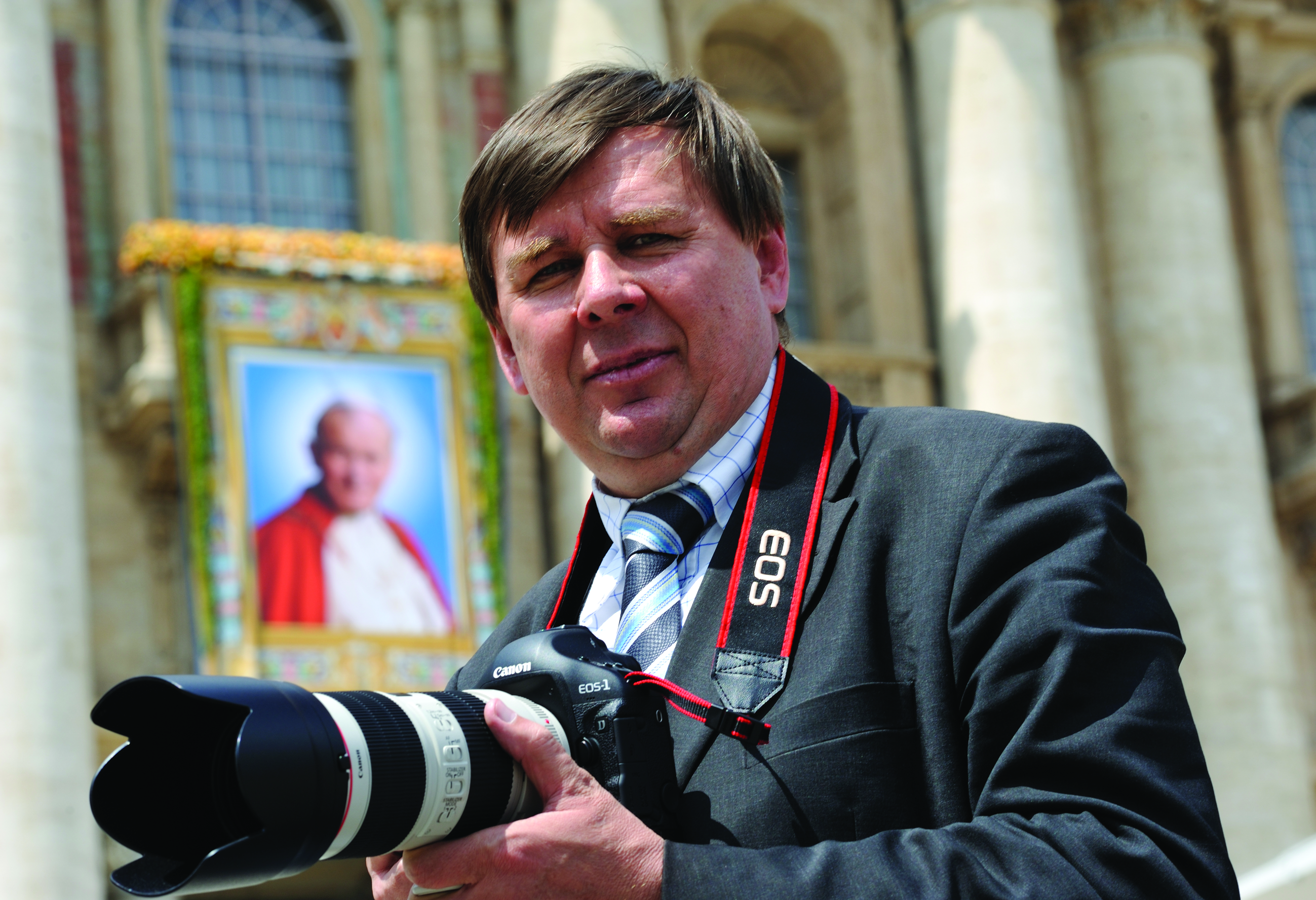
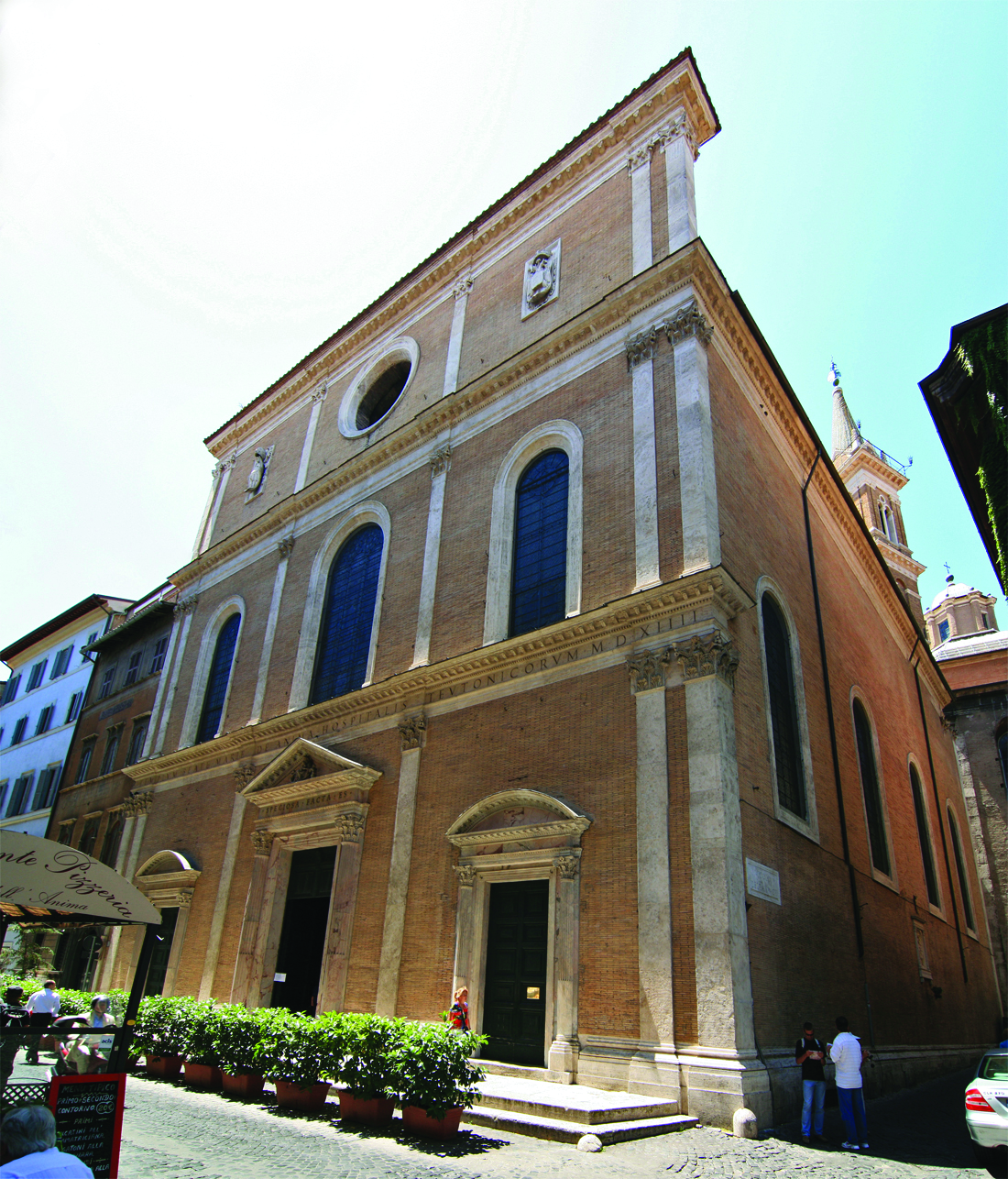
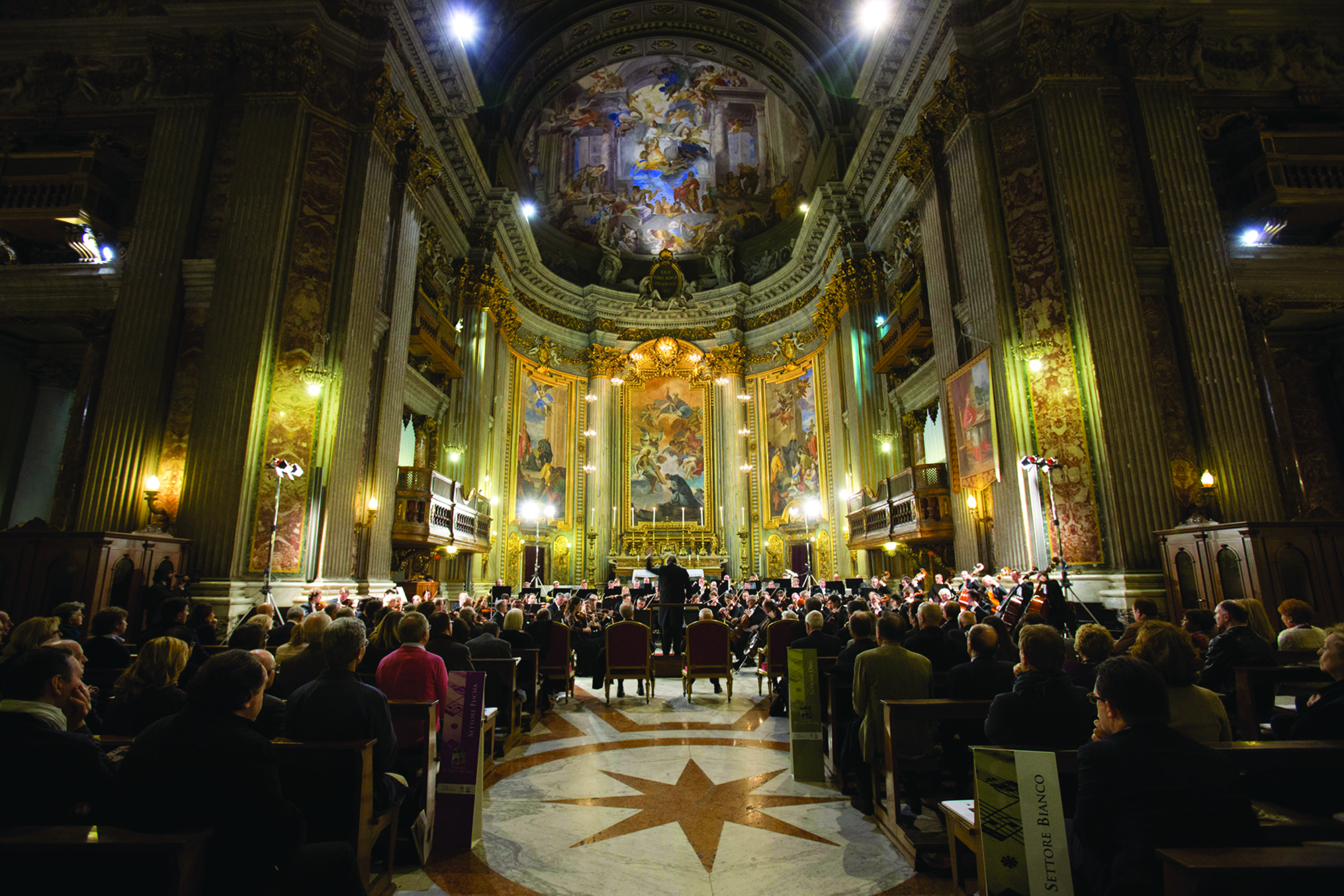
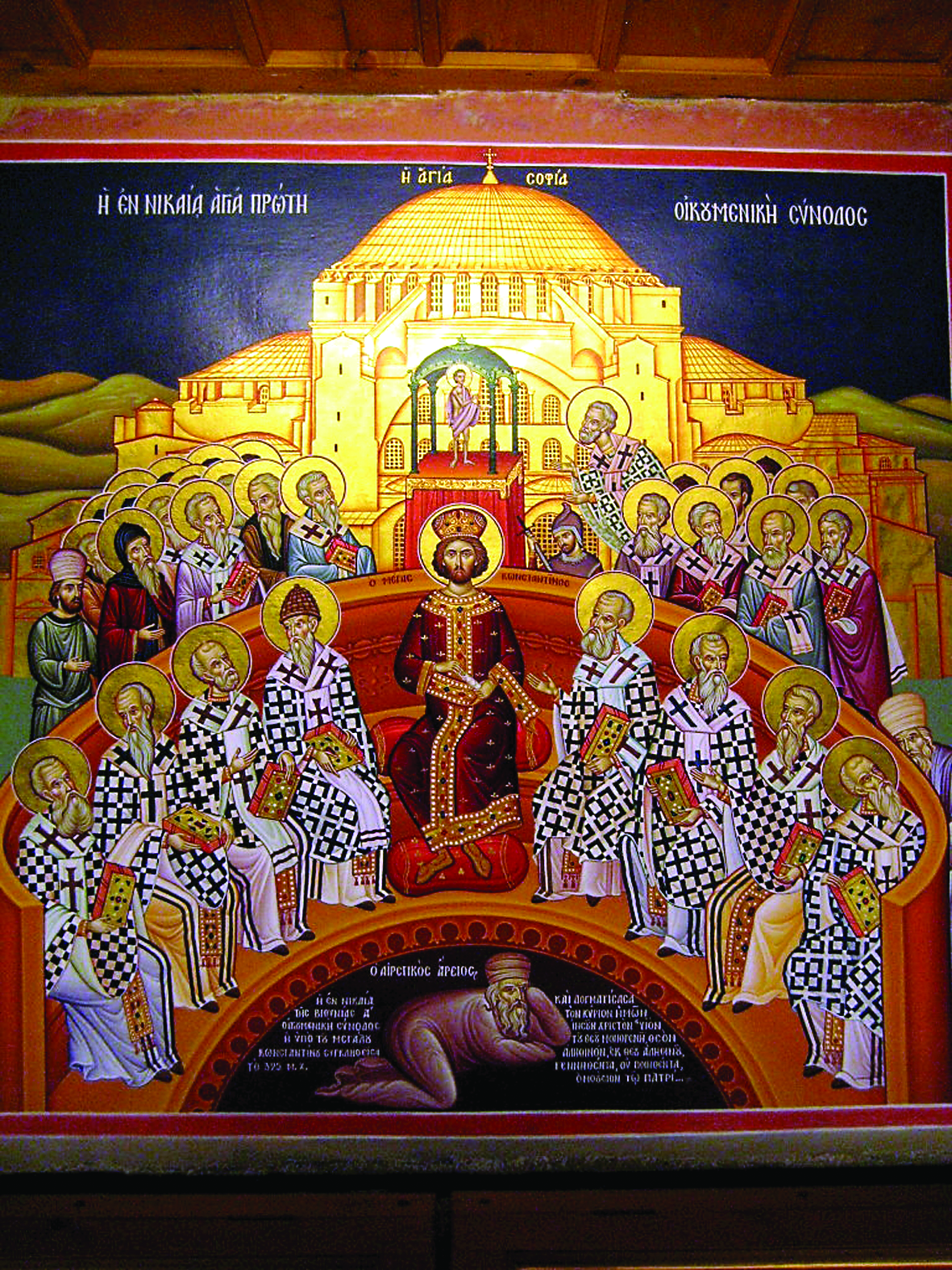
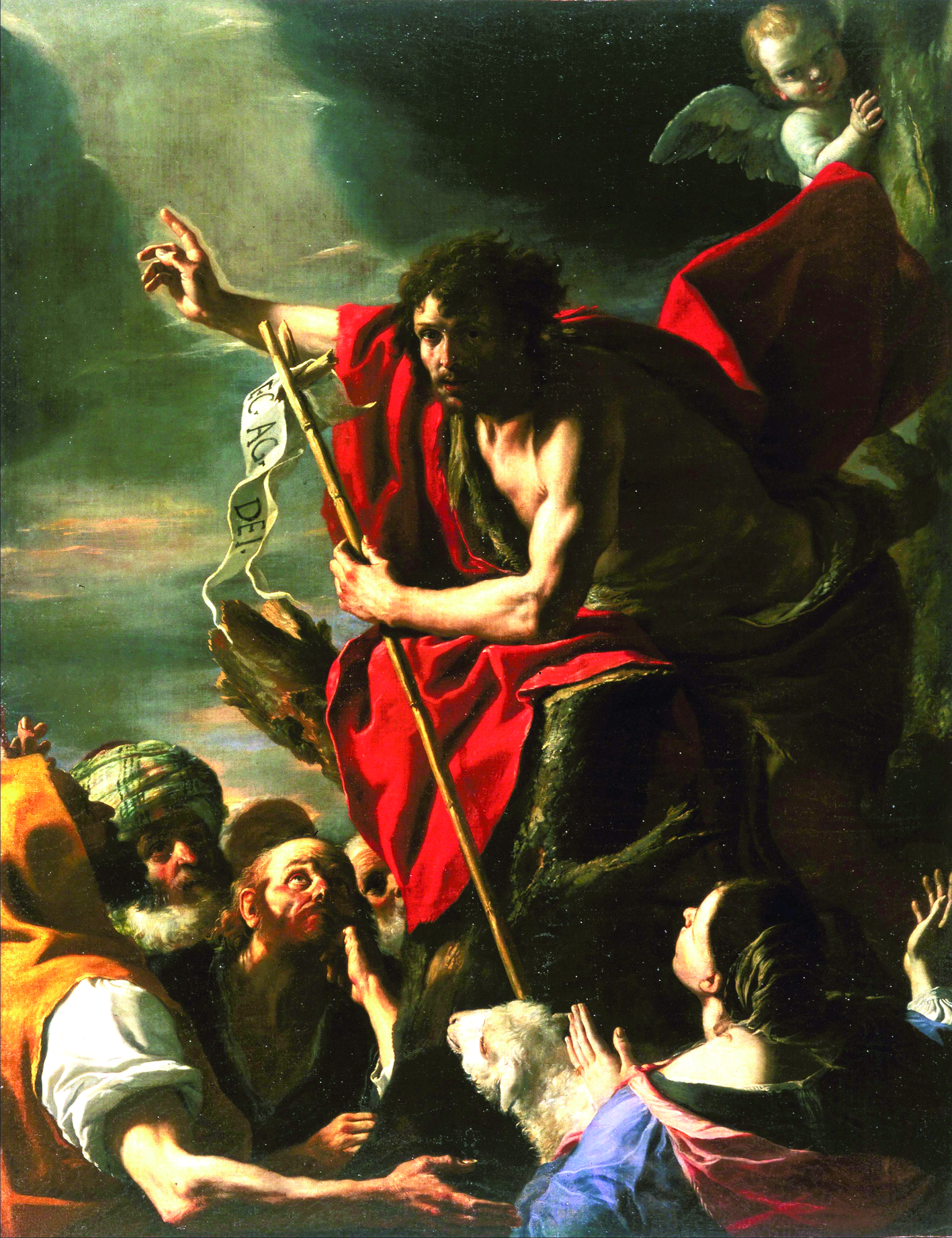
Facebook Comments